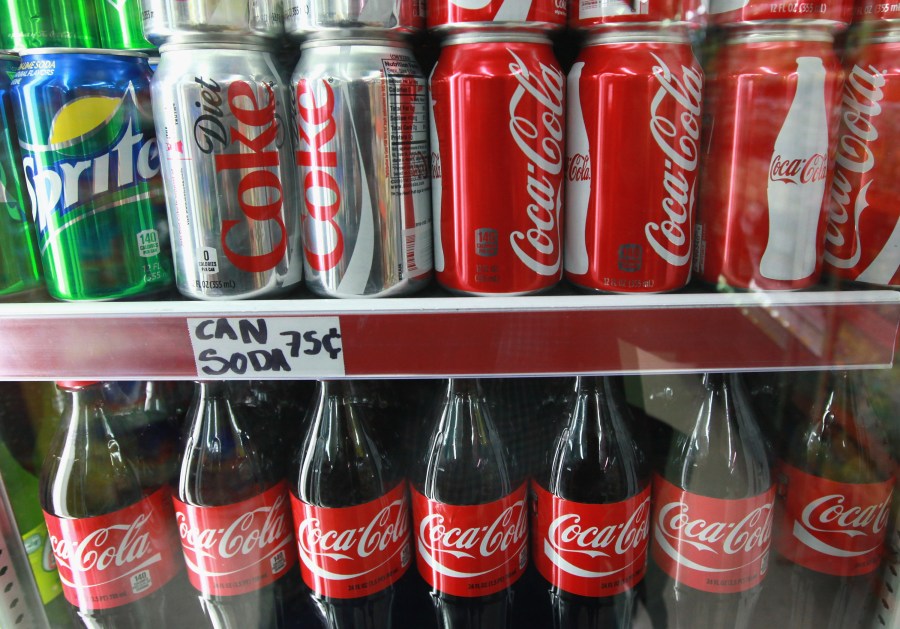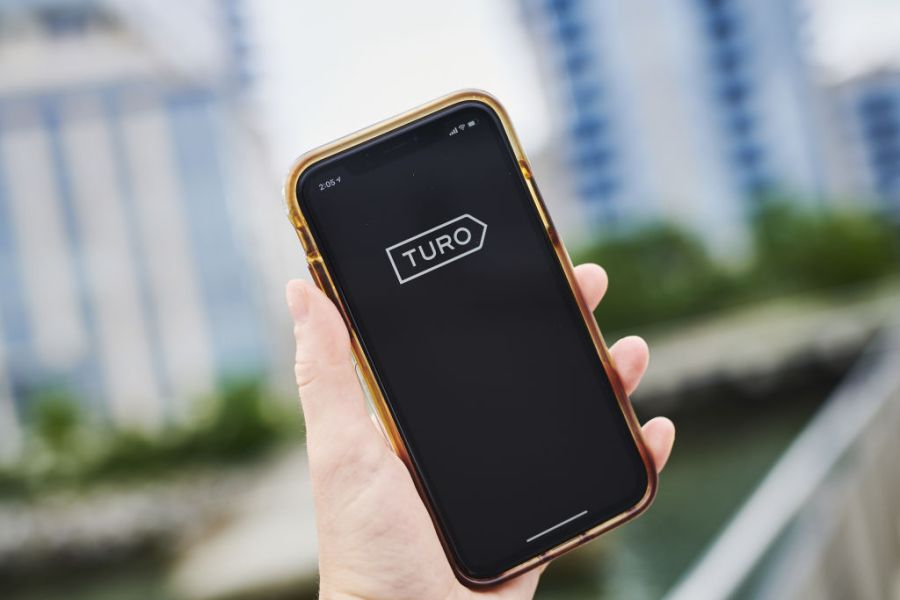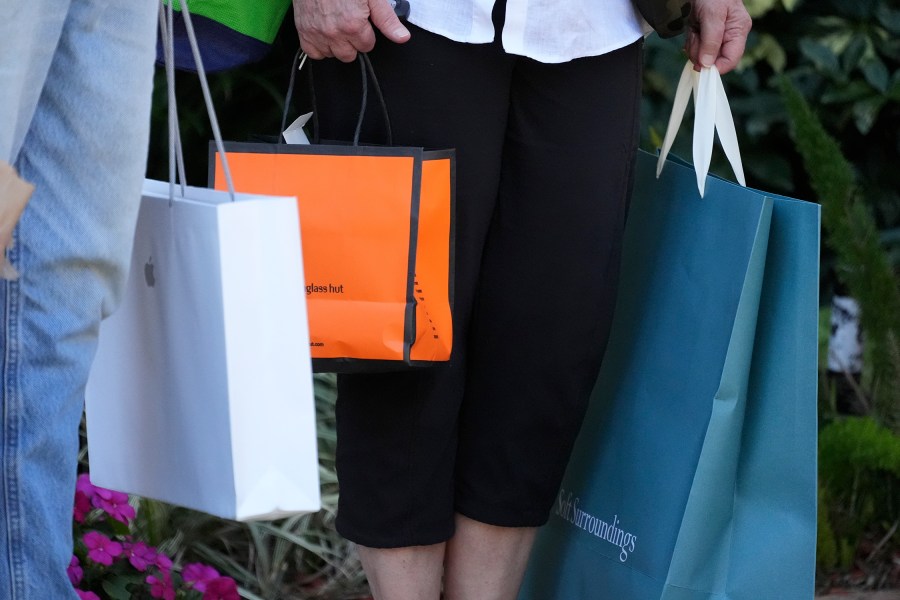
Soda manufacturers push to keep sugary drinks on SNAP list
(NewsNation) — Popular soft drinks like Coke, Pepsi and Mountain Dew are currently all eligible for purchase with food stamps, but that could change once President-elect Donald Trump takes office in January.
Robert F. Kennedy, Jr., Trump’s nominee to oversee the Department of Health and Human Services, has vowed to remove soda from the list of items that can be purchased using Supplemental Nutrition Assistance Program (SNAP) benefits.
The push to keep sugary drinks out of the grocery carts of low-income families is part of Kennedy’s “Make Americans Healthy” initiative. Kennedy has announced plans to remove soda and other processed foods from the SNAP eligibility list. In response, soft drink manufacturers have countered that they produce zero-sugar drink options and that soda packages include labels with the calorie information listed.
A representative for the American Beverage Association told NewsNation in a statement that limited choices restricting SNAP purchases won’t make America healthy or save taxpayers money.
The restrictions go against America’s commitment to individual freedom and liberties, the agency said.
The Wall Street Journal reported Coke is looking to hire more lobbyists who have ties to the incoming Trump administration and plans to donate money to Trump’s inauguration. Coke officials told NewsNation that there is nothing inaccurate about the report.
The report said in 2023, an average of 42.1 million people per month — roughly 12.6% of Americans — used the SNAP benefit. Federal funding provided $112.8 billion for the program, which offers almost $212 per month to people who rely on the benefits.



